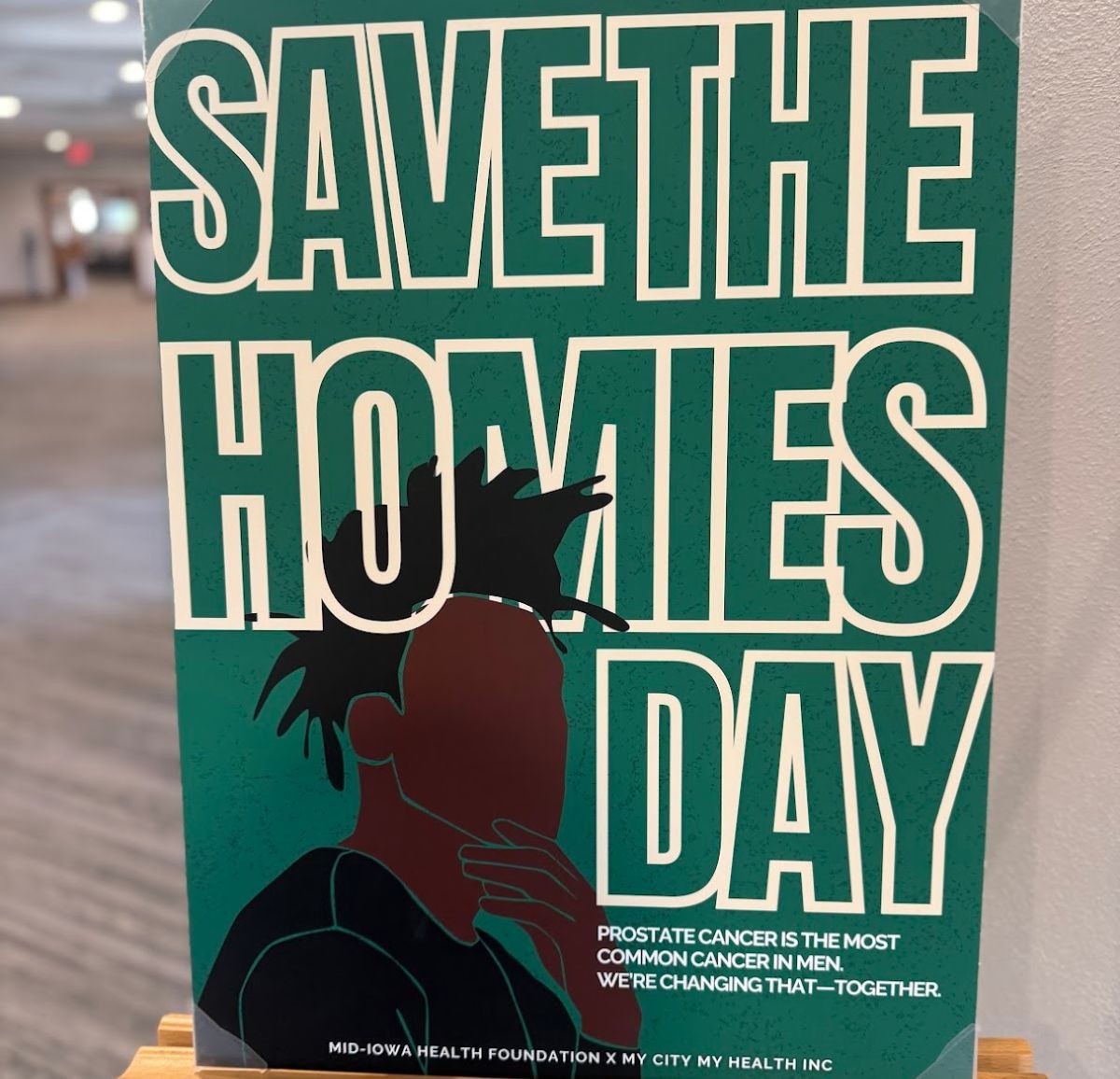
COVID-19 is causing Iowans to rethink our collective decisions and actions. Many are working from home, social distancing to protect our communities, and doing our best to keep up with school lessons for our kids. I am one of them, and it’s hard. But I recognize that I am privileged to be able to take these precautions.
COVID-19 is the perfect storm of inequities. People serving in occupations like meat processing, transit driving, and direct care can’t socially distance. Their jobs may be essential, but they are physically demanding, relatively low-paid, and often lack protections like paid sick leave and health insurance. Chronic stress and economic insecurity are well-documented causes of health conditions like heart disease, diabetes, obesity, and asthma — pre-existing conditions related to the most severe COVID-19 outcomes.
Iowa’s leaders must address racial disparities in their response to COVID-19.

Des Moines University expands current educational offerings related to providing culturally and socially responsive care.

Advocates connect through a shared commitment to improve health outcomes.

Amal Barre's research and advocacy efforts address housing instability and the sense of belonging in the community.

How UpLift's collaboration with many partners led to greater impact

Iowa funders are making shifts to center communities and advance equity.

Working together to improve housing is leading to better health outcomes.

An incentive program has provided a model for increasing access to nutritious foods and improving health outcomes.

DMU is transforming the way health sciences education is delivered.

A needs assessment of Oakridge Neighborhood residents is informing ways to improve health and well-being
.webp)
An Iowa Doula Project is expanding community-based health care to improve Black maternal health outcomes.

How AMOS engaged hundreds of advocates to push for a children's mental health crisis response system

How support to Iowa Public Radio is building awareness of factors that influence well-being

New report highlights central Iowa Latinos contributions and disparities and elevates Latinx leaders

MercyOne's community health worker model improves outcomes for families.

The Vision Council has led conversations on how Iowa's families and children can be safe, secure, healthy, and well in our communities.

Outcomes from Mid-Iowa Health Foundation's HealthConnect Fellowship, October 2019-June 2021

How nonprofit leaders brought attention to the Latinx community and built new systems of support during the pandemic

uVoice high school students commit to learning about and addressing issues, including vaping and racial justice, in central Iowa.

The Dream Cube, a monolithic structure constructed of pillows piled 8-feet high, popped up in downtown Des Moines late last fall. The provocative piece sparked conversations about the potential of our youth—if they have a safe place to dream.

dsm Magazine features a unique collaboration that is engaging youth who’ve experienced homelessness in identifying new solutions to address this issue in central Iowa.









Change begins with learning together. Sign up to receive stories, updates, and invitations to explore issues that impact community health in central Iowa.